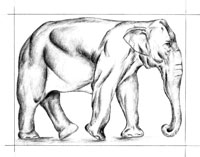Agnieszka Olechnicka is organising a session on scientific collaboration in the frame of the EU Region Week, in Brussels, October 10th 2017.
The session will be chaired by Roberta Capello.
The abstract is the following:
Economic agents in European cities and regions become active partners in scientific collaboration, both through participating in research, and also consuming its results for increased competitiveness and efficiency. Scientific collaboration policies vary significantly in terms of their spatial dimension from spatially blind to those having significant spatial focus. This session will provide answers to:
1) What is the intensity/spatial pattern of scientific collaboration at European/ global scale?
2) How does scientific collaboration affect innovativeness and performance territories and regions?
3) How do policies contribute to improve global performance of scientific centres and practical applicability of results of their research?
Target audience:
– members of the Committee of the Regions, the European Parliament and the European Economic and Social Committee and national, regional and local politicians
– European, national, regional and local government officials and experts in the field of managing and evaluating cohesion policy programmes
– representatives of private companies, financial institutions and European and national associations;
– masters or PhD students researching European, regional and urban policy or practitioners in the early stages of their career.
– scholars researching science and innovation policy on European, country and regional level
You can find bellow the presentation given by Marion Maisonobe during this session. It shows a growth of polycentrism in the organisation of the world network of scientific collaboration between urban areas between 2000 and 2013 and a growing cohesion of the arab word as well as the sub-saharian area (more collaboration between the countries belonging to these areas):
